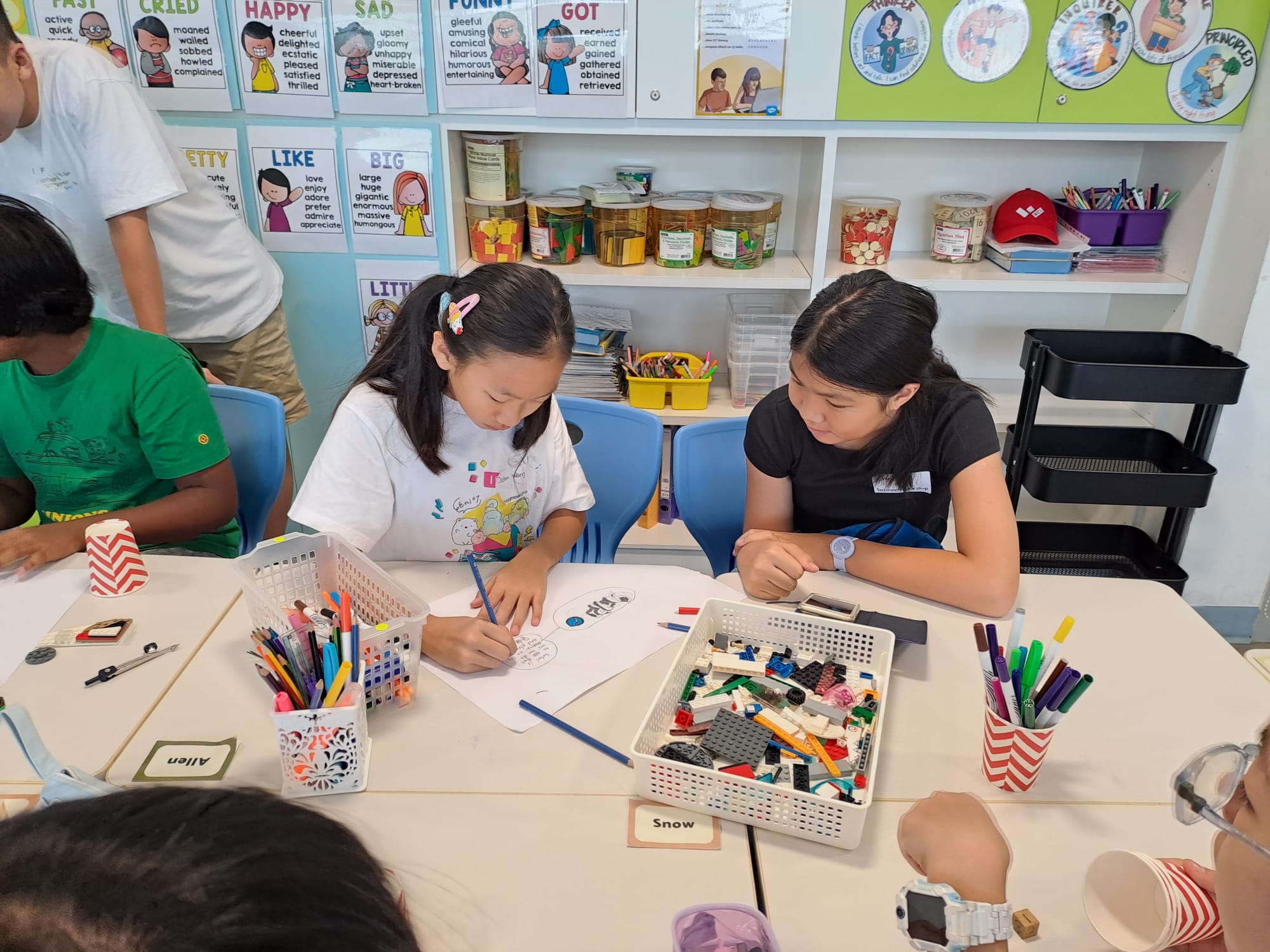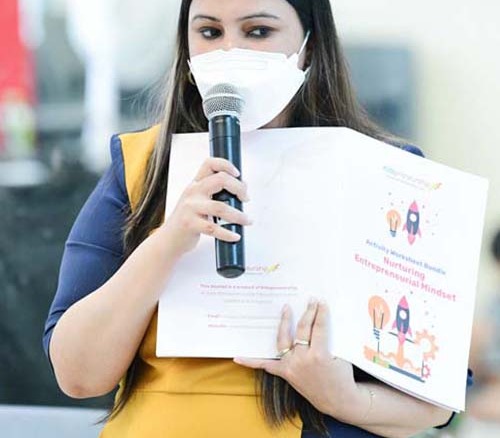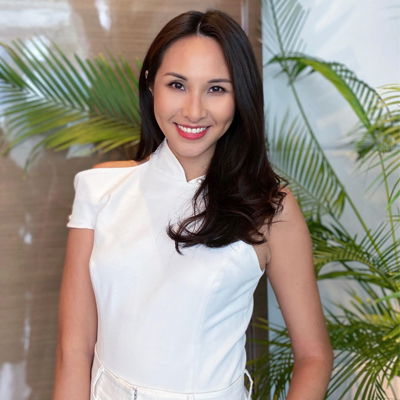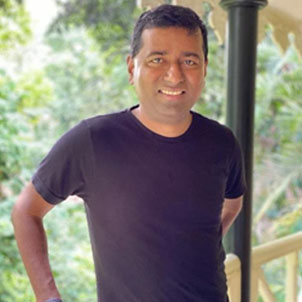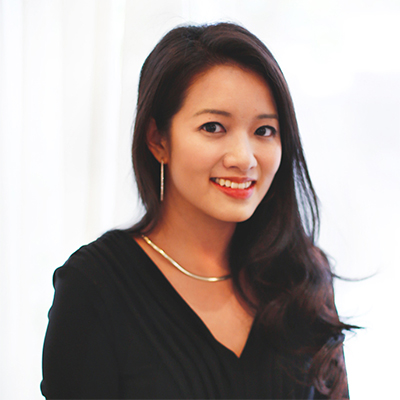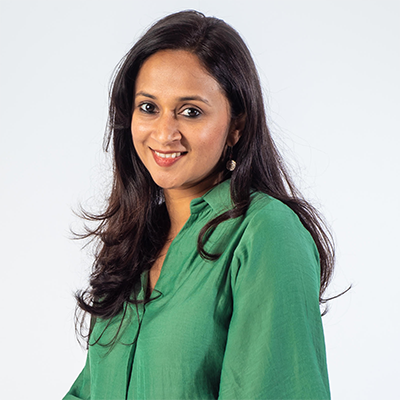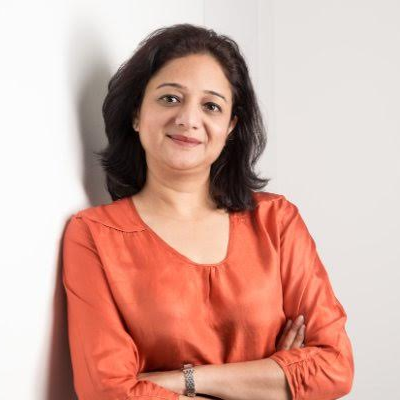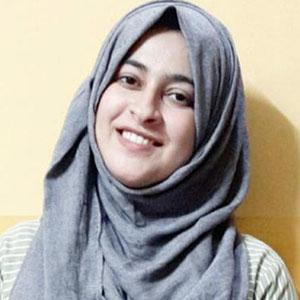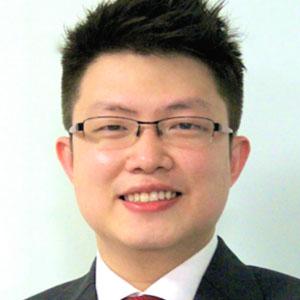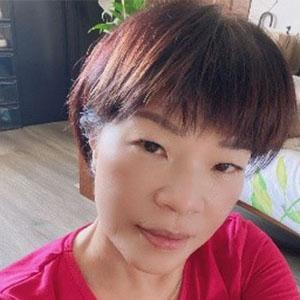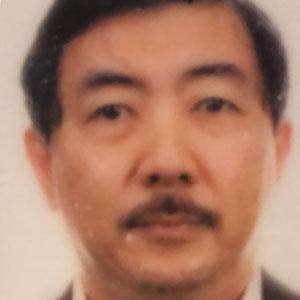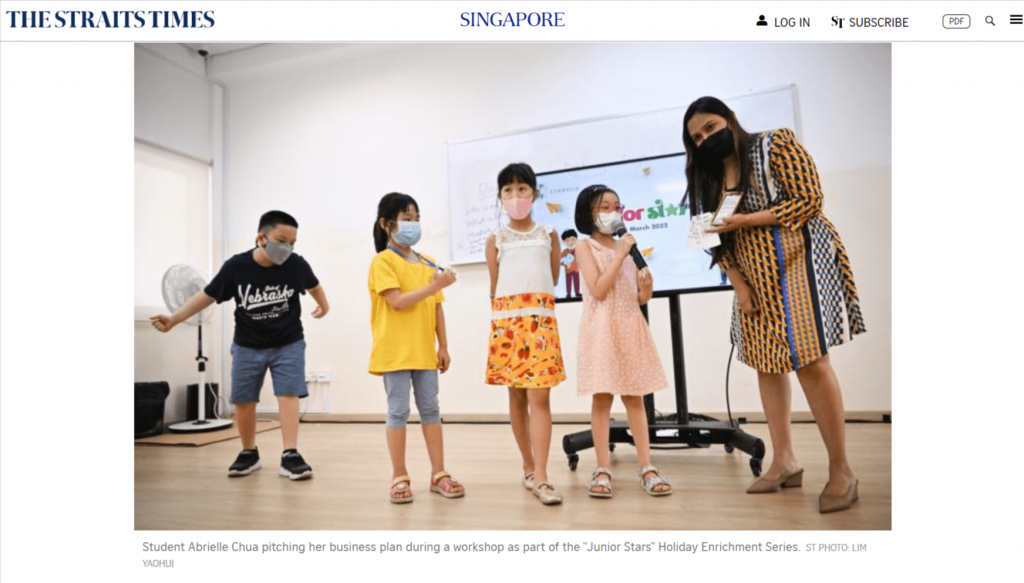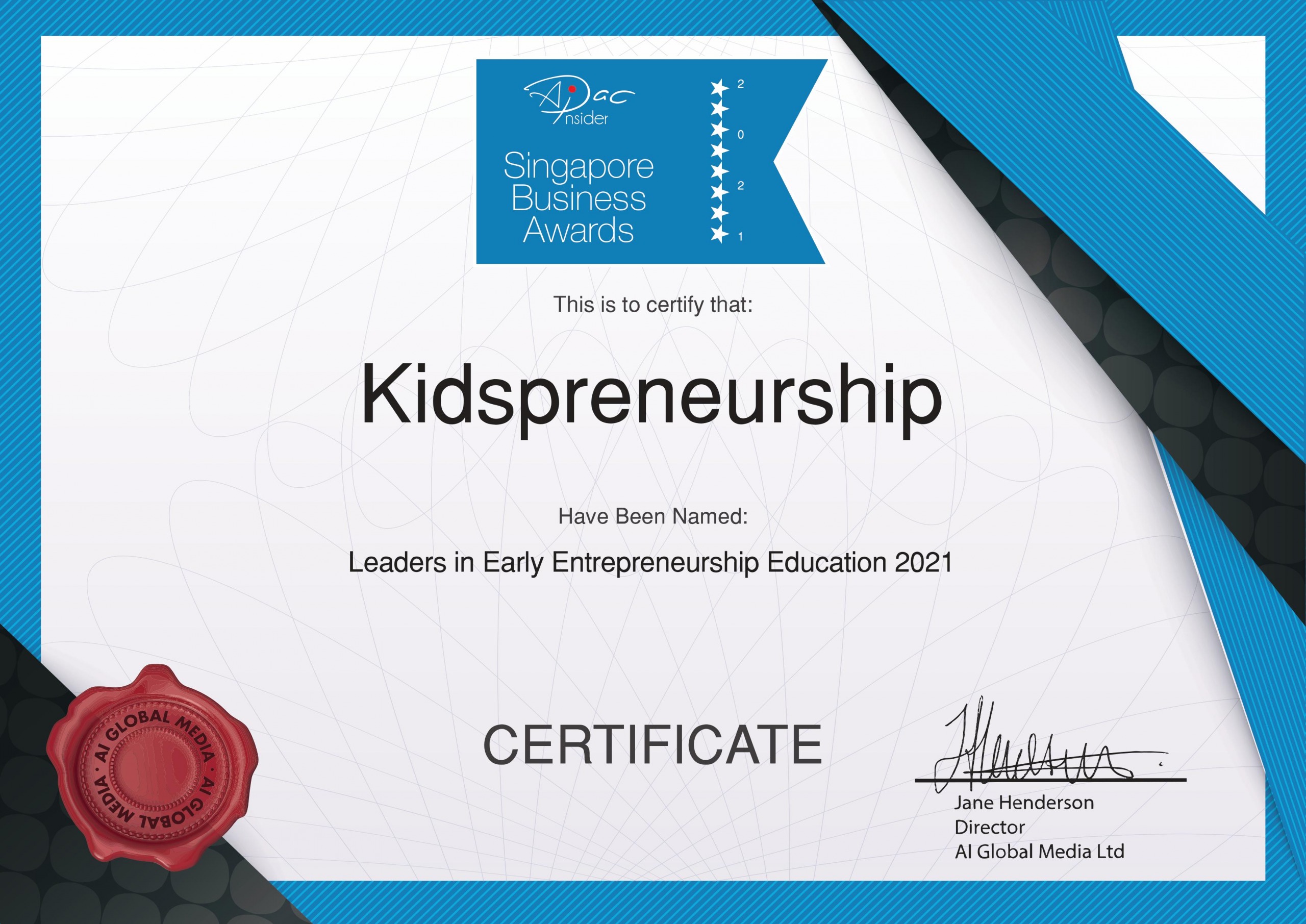Guide to International Schools in Singapore – Discover curricula, admissions, facilities, and more

Singapore is home to a diverse and dynamic international school landscape, catering to a wide range of educational needs. In this guide, we’ll explore the different aspects of international schools in Singapore, helping parents understand the options available, admission processes, curriculum offerings, and other critical factors.
Singapore is a global hub known for its world-class education system, making it a sought-after destination for families seeking high-quality international education. With a multitude of international schools available, each offering unique curricula and facilities, choosing the right one for your child can be a daunting task. This guide aims to provide an in-depth understanding of international schools in Singapore, helping parents navigate the process of selecting the best fit for their child’s education.
The Singapore Advantage
Before delving into the specifics of international schools in Singapore, it’s crucial to understand why the city-state is a prime location for global education. Singapore is renowned for its exceptional education system, consistently ranking high in global education assessments. The country’s focus on academic excellence, English proficiency, and advanced teaching methods attracts families from all over the world. Singapore’s strategic location, vibrant economy, and cultural diversity also make it an ideal place for international families to settle.
Types of International Schools

International schools in Singapore offer a diverse range of curricula, making it possible for parents to select an educational system that aligns with their child’s needs and future aspirations. Here are some of the most common types of international schools in Singapore:
1. International Baccalaureate (IB) Schools
The International Baccalaureate program is globally recognized for its academically rigorous curriculum. Singapore hosts numerous IB schools, and these institutions are known for fostering critical thinking, global awareness, and character development. Notable IB schools in Singapore include the United World College South East Asia (UWCSEA) and the Canadian International School (CIS).
2. British Curriculum Schools
British curriculum schools follow the UK’s educational system, including the IGCSE and A-levels. Students in these schools are exposed to a well-rounded education with an emphasis on critical thinking and analytical skills. The Tanglin Trust School and the Dulwich College are notable British curriculum schools in Singapore.
3. American Curriculum Schools
For those seeking an American education, there are several schools in Singapore that offer a US curriculum, including the Advanced Placement (AP) program. The Singapore American School (SAS) and the International Community School (ICS) are well-known institutions following the American curriculum.
4. German, French, and Other National Schools
Singapore also hosts international schools that follow the curriculum of various other countries, such as German European School Singapore (GESS), Lycée Français de Singapour, and the Japanese School in Singapore. These schools cater to expatriate communities from specific nations, ensuring that students receive education in their native language.
5. Local Schools with International Programs
Some local Singaporean schools offer international programs, such as the Gifted Education Programme(GEP) and the Integrated Programme(IP). These programs are tailored for high-achieving students and provide a mix of local and international educational experiences.
Below is a list of some prominent international schools in Singapore, categorized by their respective curricula:

International Baccalaureate (IB) Schools:
- United World College South East Asia (UWCSEA)
- Canadian International School (CIS)
- Anglo-Chinese School (Independent)
- Hwa Chong International School (HCIS)
- St. Joseph’s Institution International (SJII)
- Overseas Family School (OFS)
- GEMS World Academy (Singapore)
- Chatsworth International School
- Dover Court International School
- Stamford American International School
British Curriculum Schools:
- Tanglin Trust School
- Dulwich College Singapore
- The British International School, Singapore
- Marlborough College Malaysia
- Invictus International School
- Brighton College Singapore
- Shrewsbury International School
- St. John’s International School
- Nexus International School
- The Winstedt School
American Curriculum Schools:
- XCL World Academy
- Singapore American School (SAS)
- International Community School (ICS)
- Stamford American International School
- GEMS World Academy (Singapore)
- The Grange Institution
- One World International School
- Global Indian International School
- Nexus International School
- Lycee Francais de Singapour
- Middleton International School
German Curriculum Schools:
- German European School Singapore (GESS)
French Curriculum Schools:
- Lycee Francais de Singapour
Japanese Curriculum Schools:
- Japanese School in Singapore
Chinese Curriculum Schools:
- Singapore Chinese International School (SCIS)
Canadian Curriculum Schools:
- Hillside World Academy
- The International School of Macao (TISM)
Other National Curricula:
- Stamford American International School (American and International Baccalaureate)
- Integrated International School (IIS) (Adaptive and Inclusive Curriculum)
Local Schools with International Programs:
- Gifted Education Programme (GEP) Schools
- Integrated Programme (IP) Schools
Please note that this is not an exhaustive list, and new schools may have emerged since my last knowledge update in September 2021. Additionally, some schools may offer a blend of curricula, catering to a diverse student body. When considering international schools in Singapore, it’s essential to research each school’s offerings, facilities, and admissions criteria to find the best fit for your child’s education.
Admission and Application Process

Understanding the admission process for international schools in Singapore is crucial. Admission criteria and processes can vary significantly among schools, so it’s essential to research and plan ahead. Here are the general steps for applying to international schools:
1. Research and Shortlist
Begin by researching schools to create a shortlist of institutions that align with your child’s needs and your family’s preferences. Consider factors such as curriculum, location, extracurricular activities, and fees.
2. Application Submission
Most schools require an online application, where you’ll need to provide information about your child’s academic history, personal statement, and other relevant documents.
3. Application Fee
Be prepared to pay an application fee, which varies from school to school. This fee is non-refundable and covers the cost of processing your application.
4. Assessments and Interviews
Many schools conduct assessments or interviews with the prospective students. These assessments can vary depending on the age and grade level of the child. For younger children, it may involve informal play-based assessments, while older students might be required to take written tests or interviews.
5. Waitlist
Some popular international schools may have a waitlist due to high demand. In such cases, you’ll need to wait for a spot to become available.
6. Acceptance
If your child is accepted, you’ll receive an acceptance letter, and you’ll need to confirm your child’s enrollment by paying the enrollment fee.
7. Financial Planning
Consider the tuition fees, school uniforms, and additional expenses when planning your child’s education. Many international schools in Singapore have tuition fees ranging from moderate to high, depending on the facilities and resources they offer.
8. Visa and Documentation
For expatriate families, ensure you have the necessary visas and documentation for your child to study in Singapore.
Curricula and Educational Approaches

Different international schools in Singapore follow distinct curricula and educational approaches. It’s essential to understand the nuances of each system to choose the one that best suits your child’s learning style and aspirations:
1. International Baccalaureate (IB)
The IB curriculum is globally recognized for its emphasis on inquiry-based learning, critical thinking, and holistic development. It includes the Primary Years Programme (PYP), Middle Years Programme (MYP), and Diploma Programme (DP). IB schools often have a strong commitment to community service and global citizenship.
2. British Curriculum
British curriculum schools typically follow the National Curriculum of England. They emphasize subjects like mathematics, science, English, and the humanities, while encouraging creativity and independent thinking. The system culminates in the General Certificate of Secondary Education (GCSE) and A-level examinations.
3. American Curriculum
Schools following the American curriculum offer a wide range of subjects and extracurricular activities. They often prepare students for standardized tests like the SAT and ACT, which are required for admission to many US colleges and universities.
4. Other National Curricula
Schools offering German, French, or other national curricula provide an education tailored to the specific requirements of students from those countries. These schools often integrate language and culture into their programs.
5. Local Programs
International students in local schools with international programs can experience a mix of Singapore’s rigorous local curriculum and international influences. These programs often prepare students for the Singapore-Cambridge GCE O-level examinations and the A-level examinations.
Co-Curricular Activities
International schools in Singapore offer a wide range of co-curricular activities (CCAs), which are an integral part of a child’s development. CCAs provide opportunities for students to explore their interests and talents beyond the classroom. Common CCAs include sports, arts, music, drama, and community service. Many international schools have state-of-the-art facilities for sports, arts, and extracurricular activities, allowing students to excel in their chosen pursuits.
Facilities and Campus

The facilities and campus of an international school play a significant role in creating a conducive learning environment. When evaluating schools, consider the following:
1. Classrooms and Learning Spaces
Modern and well-equipped classrooms, libraries, and laboratories are essential for effective learning. Some schools offer specialized spaces for art, music, and science.
2. Sports Facilities
If your child is interested in sports, assess the quality of sports facilities, including playing fields, swimming pools, gyms, and courts. Some schools have partnerships with local sports clubs to enhance their sports programs.
3. Technology
Evaluate the school’s use of technology in teaching and learning. Many international schools in Singapore are at the forefront of integrating technology into the curriculum.
4. Arts and Culture
Check if the school has dedicated spaces for artistic activities, such as theaters, art studios, and music rooms. These spaces promote creativity and cultural appreciation.
5. Outdoor Spaces
Green spaces and gardens are essential for students to connect with nature and enjoy outdoor activities.
Support Services

International schools in Singapore often offer a range of support services to ensure the holistic development of students. These services may include:
1. Counseling
Schools typically have counselors who can provide academic, career, and personal counseling to students.
2. Learning Support
For students with learning differences or special needs, schools may offer learning support services or resource rooms.
3. Language Support
English Language Learners (ELL) programs are available to support non-native English speakers in improving their language proficiency.
4. Health Services
Most schools have nurses or health professionals on campus to attend to students’ health and well-being.
5. Extracurricular Support
If your child is involved in co-curricular activities, ensure that the school provides the necessary support, such as coaches and mentors.
Location and Commute

Consider the location of the international school in relation to your residence. A school’s proximity can significantly impact your child’s daily routine and your family’s overall convenience. Some parents prioritize schools near their homes, while others are willing to commute for the right school. It’s essential to evaluate transportation options, such as school buses or public transportation, if you choose a school that’s not within walking distance.
Language of Instruction

The language of instruction is an important consideration for international schools. Many schools in Singapore teach in English, as it is one of the country’s official languages and widely spoken. However, if you prefer a school that teaches in another language, such as Mandarin or a European language, there are options available. Be sure to choose a school that aligns with your child’s language proficiency and the languages spoken at home.
Accreditation and Certification

Reputable international schools in Singapore are often accredited by recognized organizations or educational bodies. Accreditation ensures that the school meets specific quality standards in terms of curriculum, faculty qualifications, and facilities. Look for schools accredited by respected entities like the Council of International Schools (CIS), the Western Association of Schools and Colleges (WASC), or the International Baccalaureate Organization.
Parent and Student Community

The school community plays a significant role in your child’s educational journey. Consider the diversity of the student body, the involvement of parents, and the school’s commitment to fostering a sense of belonging and cultural awareness. Many international schools in Singapore organize events, workshops, and parent-teacher associations to engage parents in their child’s education.
Costs and Financial Aid

Tuition fees for international schools in Singapore can vary widely, depending on the school’s reputation, facilities, and curriculum. It’s essential to understand the costs involved and budget accordingly. Additionally, some schools offer financial aid, scholarships, or sibling discounts, which can ease the financial burden.
Transition Support

For families relocating to Singapore, transitioning to a new school and country can be challenging. Look for schools that offer transition support services, such as orientation programs, English as a Second Language (ESL) support, and counseling to help students adjust to their new environment.
Choosing the right international school in Singapore is a significant decision that can impact your child’s education and future opportunities. The city-state offers a diverse array of schools with various curricula and facilities to cater to the needs of international families. By thoroughly researching and considering factors such as curriculum, campus facilities, support services, and costs, you can make an informed decision that aligns with your child’s academic and personal development.
International schools in Singapore are renowned for their commitment to academic excellence, holistic development, and global perspectives. With the information and insights provided in this guide, you can navigate the process of selecting the best-fit school for your child, ensuring a high-quality education and a rewarding experience in the Lion City. Singapore’s international schools are not just places of learning; they are gateways to a world of opportunities for your child’s future.


